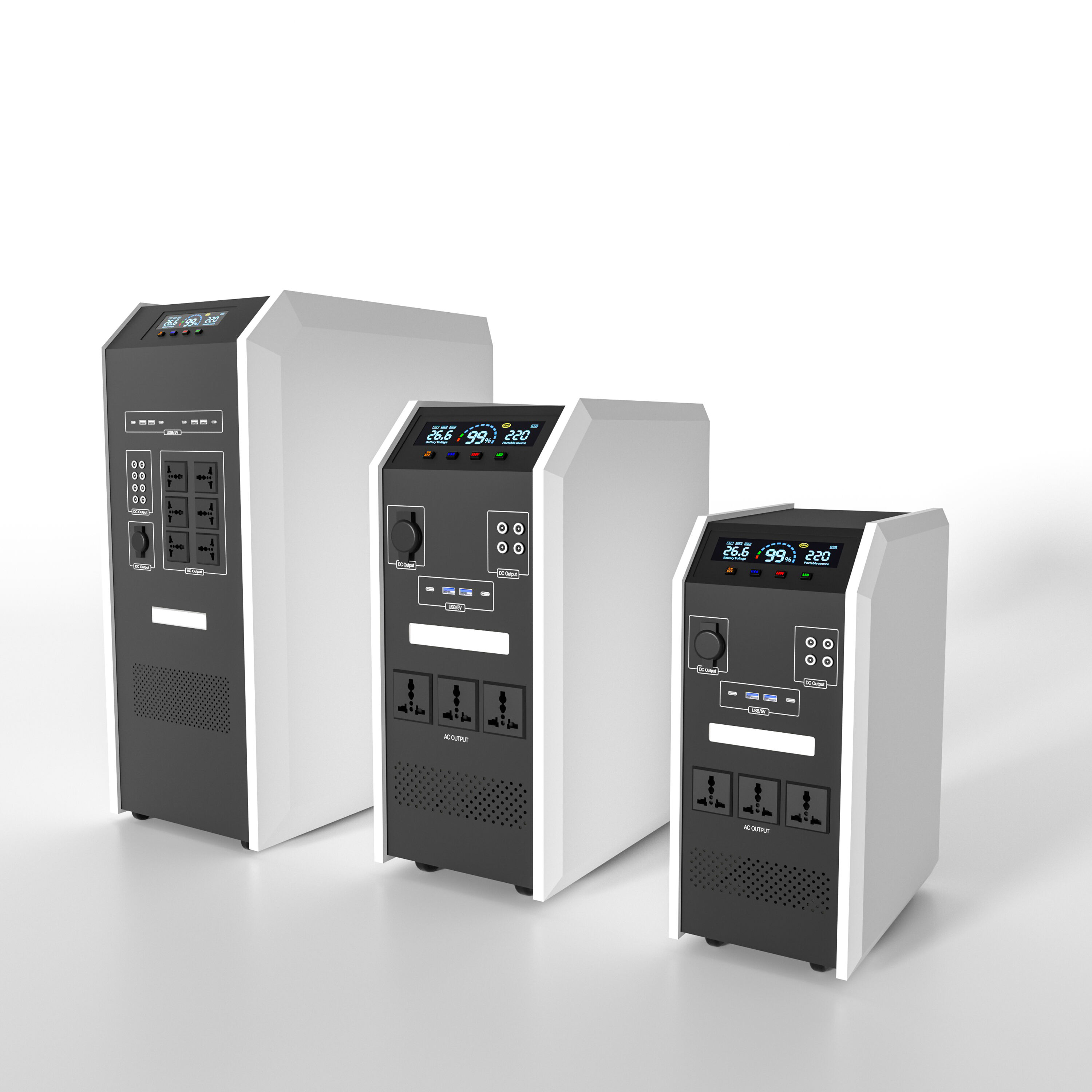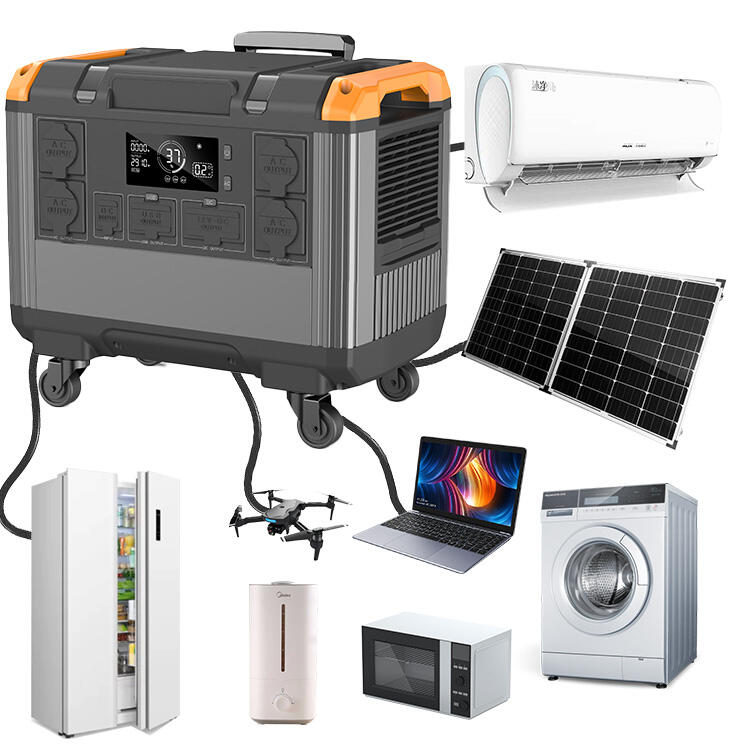
สถานีพลังงานชาร์จซ้ำได้เป็นอุปกรณ์จัดเก็บพลังงานที่สามารถชาร์จและปล่อยประจุได้หลายรอบเพื่อมอบพลังงานไฟฟ้า อุปกรณ์เหล่านี้มักใช้แบตเตอรี่ลิเธียม-ไอออนหรือแบตเตอรี่ตะกั่วกรดในการจัดเก็บพลังงาน แผงโซลาร์ ปลั๊กไฟ AC บนผนัง และชาร์จในรถยนต์สามารถใช้ชาร์จสถานีพลังงานชาร์จซ้ำได้ พวกมันมีขนาดและความจุแตกต่างกันเพื่อรองรับอุปกรณ์อิเล็กทรอนิกส์ขนาดเล็กไปจนถึงเครื่องใช้ไฟฟ้าภายในบ้าน รวมถึงพลังงานสำรองสำหรับทั้งครัวเรือน นอกจากความน่าเชื่อถือและความสะดวกแล้ว สถานีพลังงานเหล่านี้ยังมอบตัวเลือกที่ยั่งยืนเมื่อเทียบกับแบตเตอรี่ใช้ครั้งเดียวทิ้งหรือแหล่งพลังงานที่ไม่สามารถชาร์จซ้ำได้

